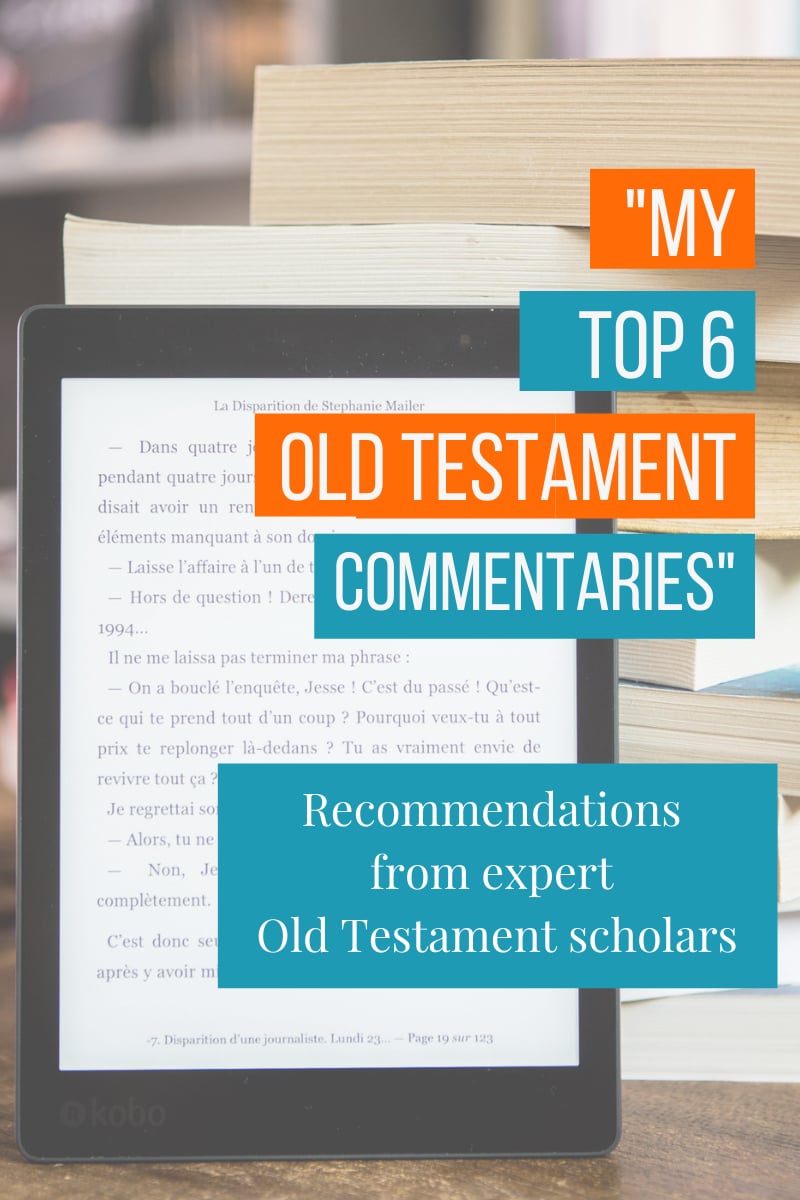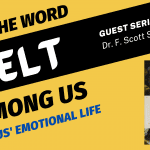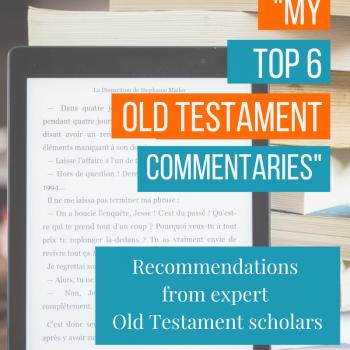We are continuing our series on top picks on OT commentaries from OT experts. Here is where we are at so far
Genesis (Dr. J. Richard Middleton)
General OT Resources (Dr. Cyndi Parker)
Today, we have Dr. John T. Noble giving his recommendations on Leviticus. Noble teaches Hebrew Bible at Marian University. He has a PhD from some place called “Harvard.” We went to seminary together, he’s a smart guy.
Leviticus
Dr. John T. Noble
Technical
Jacob Milgrom (Anchor Bible): Milgrom has three separate volumes on Leviticus in the AB series, Leviticus 1–16 (2007), Leviticus 17–22 (2000), and Leviticus 23–27 (2001). These titles represent the pinnacle of technical scholarship for this book, and stand alone. Milgrom makes good use of contributions from anthropology and religious studies, particularly in his discussion of the systemic nature of the purity laws.
Mary Douglas, Leviticus as Literature (Oxford, 1999): An anthropologist by training, Mary Douglas is a towering figure in the study of Leviticus, showing Israel’s ritual system to be symbolic expression that reflects on ancient Israelite cosmology (see Purity and Danger [1966]). This book isn’t a commentary in the traditional sense, but treats Leviticus as a whole, rehabilitating the stodgy reputation of the priests, and finding compassion and justice in the Israelite cult.
Semi-technical
Baruch Levine (JPS Torah, 1989): This is a good, responsible commentary with plenty of lexical analysis, including some comparative work. Any study of Leviticus—or the Bible more generally—ought to include plenty of input from Jewish voices.
Gordon J. Wenham (NICOT, 1979): Wenham offers thoughtful analysis with a readable and interesting style, and includes sections on New Testament connections. Still well worth using after several decades.
Non-technical
Samuel E. Balentine (Interpretation, 2002): As is typical of this excellent series, a learned scholar tailors his commentary for teaching and preaching, and all packed into an accessible and relatively short paperback format.
Ming Him Ko (Asia Bible Commentary, 2018): This contribution is oriented toward application, and considers in particular the use of ritual and ordered creation for Asian (especially Chinese) communities.
Additional aids to reading Leviticus
Jonathan Klawans, Purity, Sacrifice, and the Temple: Symbolism and Supersessionism in the Study of Ancient Judaism (Oxford, 2006): Reading Leviticus necessitates an understanding of Israel’s religious system of purity laws and sacrifice. Klawans delivers.
Wilda C. Gafney, Womanist Midrash: A Reintroduction to the Women of the Torah and the Throne (Westminster, 2017): This creative work spans the entire Pentateuch, but Gafney’s womanist approach to fill in some gaps in Leviticus is illuminating and worth the price on its own. This is must reading for those who wish to consider the laws of Leviticus and their application in daily Israelite life.




















